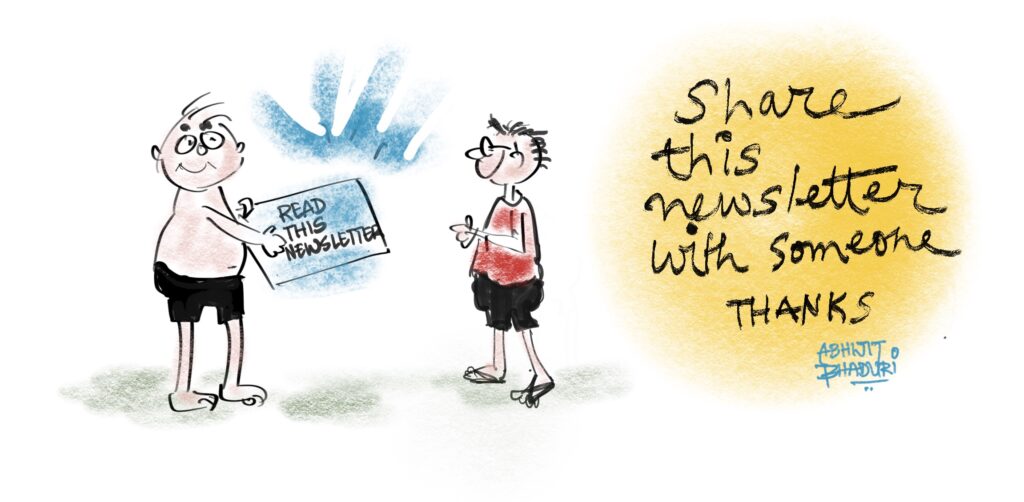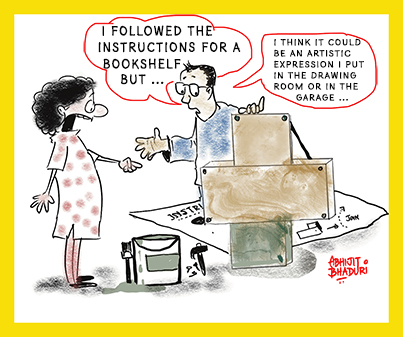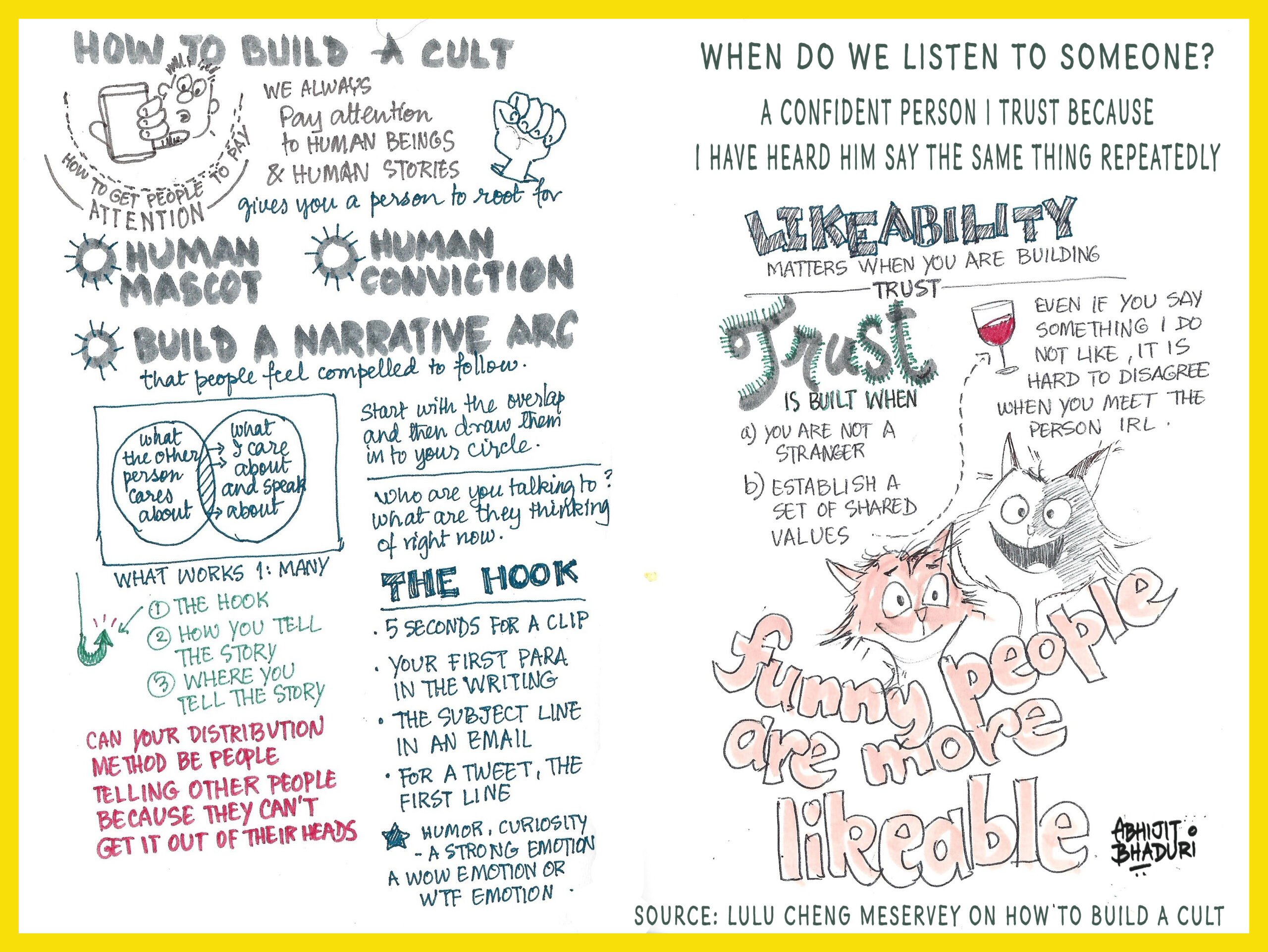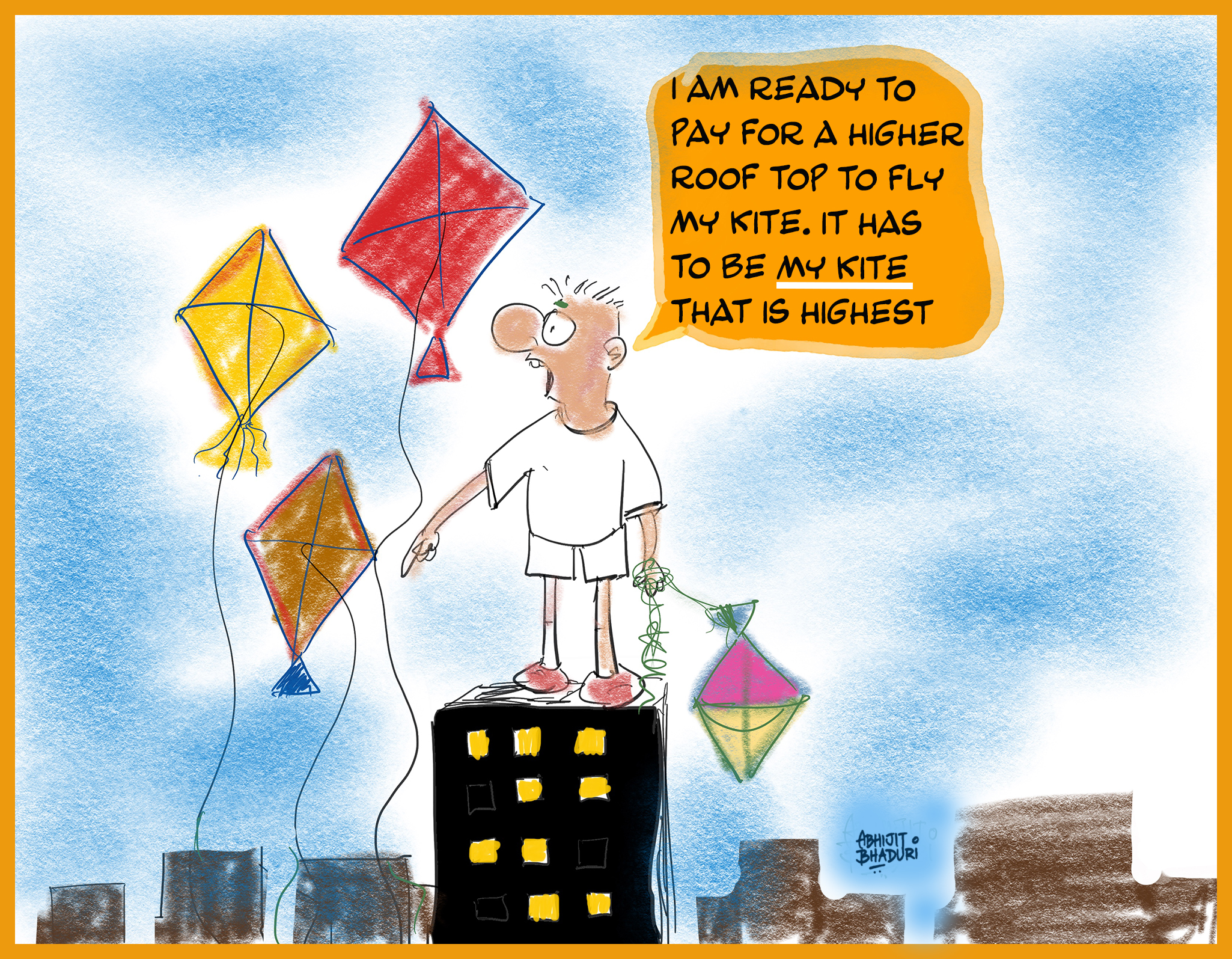
We are sleepwalking into a society where money dictates access to nearly every facet of life. If you can pay for it, there is an easier option available that is priced higher than what the masses can afford. The Platinum Club is not just for frequent flyer miles. It now covers education, security, healthcare and beyond.
While some parents can afford expensive tutors and specialized coaching to give their children a competitive edge in standardized tests, others struggle to provide even basic school supplies. This disparity worsens the existing inequalities and undermines the idea that success is determined by talent and hard work, not by the size of one’s wallet. The playing field is tilted before the game even begins.
There is a Business Class in everything
This trend extends far beyond education. Access to quality healthcare, once considered a fundamental right, is increasingly determined by one’s ability to pay. The rise of exclusive, concierge medical practices further widens the gap, creating a two-tiered system where the wealthy receive prompt and comprehensive care while others face long waits and limited options. Even in something as fundamental as access to clean water or reliable electricity, we see disparities emerging based on economic status.
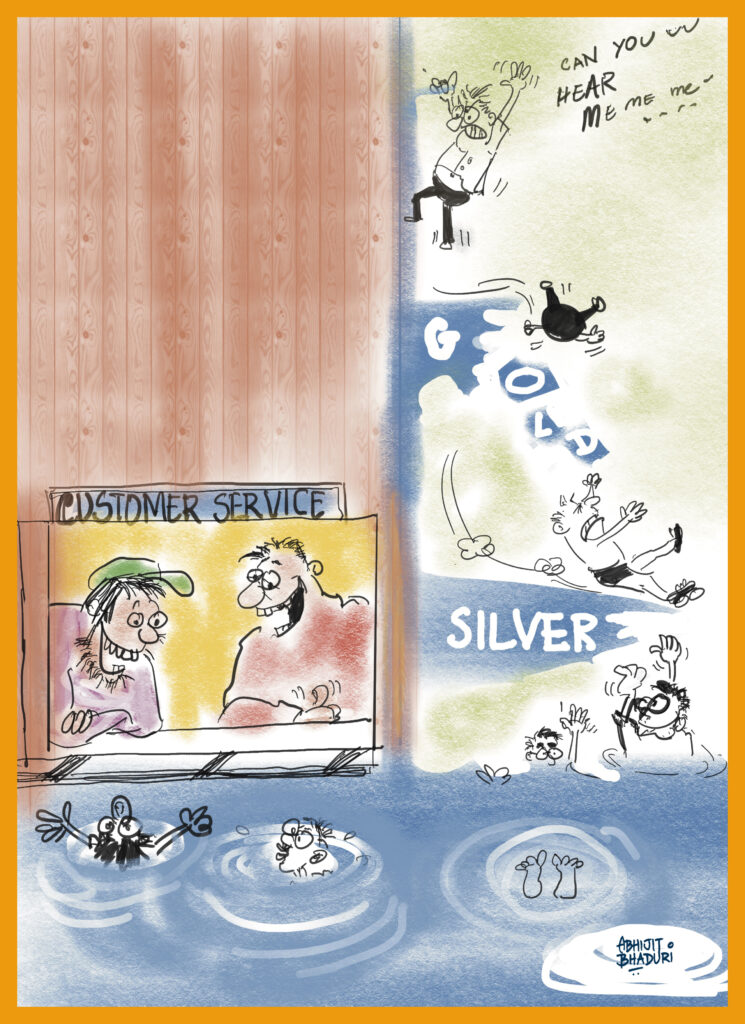
The consequences of this market-driven approach are far-reaching. As we retreat into our economically segregated enclaves, we lose the opportunity for meaningful interaction with those from different backgrounds. These gated cohorts erode empathy and understanding, making it harder to address shared challenges. A healthy democracy requires citizens who are willing to engage with others to achieve common goals. When we are increasingly isolated from one another, the bonds that hold society together begin to fray.
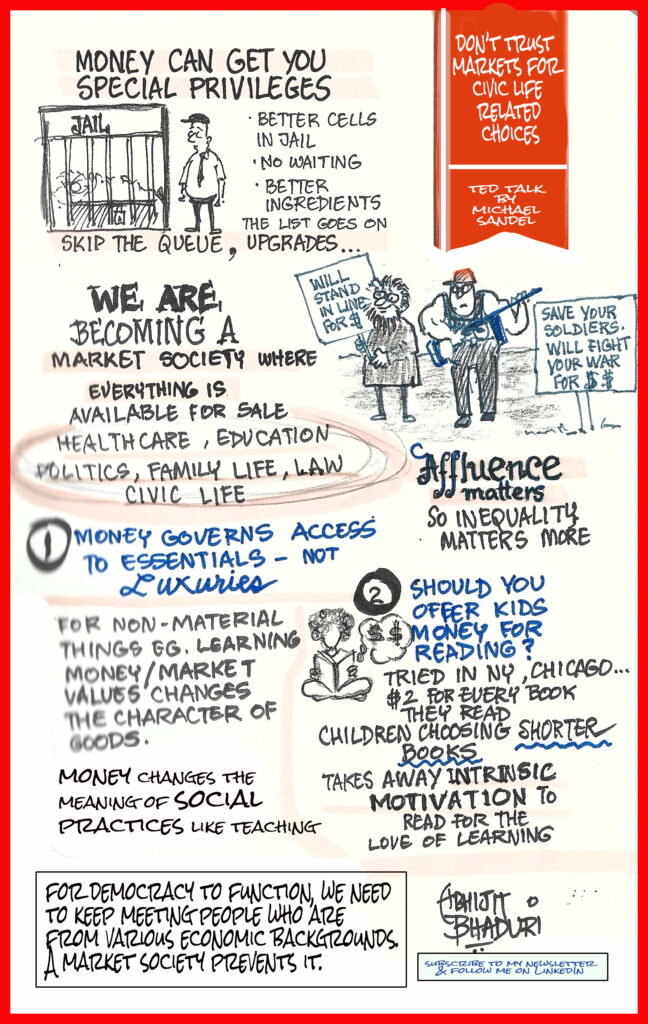
Moreover, the constant emphasis on monetary incentives distorts our values. When we begin to pay children for reading books or doing chores, we risk undermining intrinsic motivation and a sense of civic duty. We train them to ask, “What’s in it for me?” rather than instilling a love of learning or a desire to contribute to the household.
The marketization of everything is not inevitable. We can choose a different path, one that prioritizes social equity, strengthens community bonds, and fosters a sense of shared responsibility. It requires a fundamental shift in our thinking, from viewing everything through the lens of economics to recognizing the inherent value of human dignity and the importance of a just and equitable society. We must reclaim the idea of the common good and resist the encroaching tide of market values that threaten to erode the foundations of our democracy.
